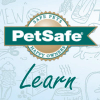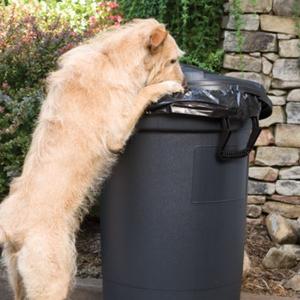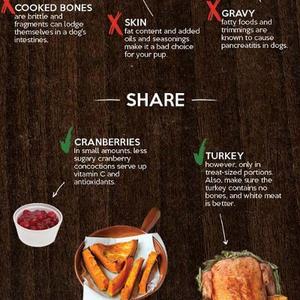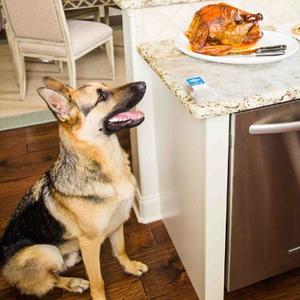 How Common Is It for a Pet to Be Poisoned?
How Common Is It for a Pet to Be Poisoned?
As an ER veterinarian, interesting cases are never in short supply. Some are tragic, some are heroic, but there's never a dull day. I recall 2 cases that I saw back to back - 2 dogs from separate households that came into the ER with chest cavities full of blood. Both dogs had gotten into rat poison, which makes blood lose its ability to clot. After blood transfusions and antidotes, both eventually made a full recovery. They are among the thousands of cases of pet poisoning (most accidental, thankfully) that I have treated. Many were not as lucky as these two.
Poisoning is a common reason for pets to make a trip to their local veterinary ER. The National Animal Poison Control Center, run by the ASPCA, handled 180,000 cases of animal poisoning in 2013. In this article, I'll discuss some of the more common poisonings that pets encounter, as well as give you specific tips on how to pet-safe your home and prevent your pet from encountering a toxin and becoming one of those sad statistics.
 How Do I Know If My Pet Is Poisoned?
How Do I Know If My Pet Is Poisoned?
A poisoned pet can look like anything. The signs they show can vary with the toxin, as can the treatment, cost and prognosis. Some poisons are intended to eliminate pest species (like rats and mice) and pets accidentally eat them, while others are toxins that pets encounter accidentally around the home or yard, like medications, pesticides or antifreeze. Luckily, malicious or intentional poisonings are very rare, and it's the curious nature of pets that lands them in trouble, rather than someone seeking to do deliberate harm to them.
If your pet isn't acting right and you think a poisoning is possible, don't delay. See your veterinarian right away, and contact an animal poison control center on the way to start the process of getting them better. Some contact information is listed at the end.
Here's a list of some common poisons, the signs that pets show and estimated costs associated with treating them. This is not a complete list - there are many more things out there that can poison a pet. If you're in doubt whether a substance is toxic to your pet, call your veterinarian or an animal poison control center for advice.
Toxin Signs & Info Treatment Costs
Prices will vary by region and severity and are included as a rough estimate only to help prepare you for the costs you might expect.
| Poison | Problem | Diagnosis | Treatment | Cost |
| Antifreeze | Causes kidney failure - vomiting, lethargy, loss of appetite. Fatal in 12-24 hours in most cases. Nearly 100% fatal in cats. | Tests for exposure available. | IV fluids, antidote (known as 4-MP), dialysis in severe cases. Antidote not available in all places. Decontamination not effective. | $200-20,000 (if dialysis needed). Most are $200-$1000 and require 2-4 days in the hospital with 24-hour care |
| Chocolate | Tremors, restlessness, vomiting/diarrhea. Dark chocolate more serious than mild chocolate, baking chocolate worst of all. Signs seen with ingestion of about 1lb milk chocolate for a 40lb dog | N/A | Decontamination: Induction of vomiting if found within 2 hours of exposure. For dogs with symptoms, IV fluids and sedatives help until eliminated (usually 12-24 hours). Very severe cases may need beta blockers. | $200-300 for exposure only or mild signs, $400-$2000 for severe cases that require hospitalization and medication |
| Rat Poison | Causes bleeding - signs can be visible/external, or internal. Blood in stool or urine, bloody nose or blood in body cavity, brain or joints. Signs delayed for 2-5 days after exposure. | Blood clotting time test available to confirm exposure. | Decontamination if possible. Blood or plasma transfusions, vitamin K (antidote), oxygen if severe. Due to long duration of action, vitamin K is given for 30 days. | $200-300 for exposure decontamination only. If showing signs/bleeding, $800-2500 for transfusions and supportive care. |
| Snail/Slug Bait | Tremors and seizures, elevated body temperature | N/A | Decontamination if possible. IV fluids, sedatives, muscle relaxers. | $200-300 for exposure decontamination only. Severe cases $500-2000 |
| Grapes/Raisins | Similar to antifreeze. Unknown substance causes kidney failure. Not all grapes are toxic, but unknown how to tell which are safe. | N/A | Decontamination if possible. IV fluids, dialysis in severe cases | $200-300 for exposure decontamination only. $200-20,000 (if dialysis needed). Most are $200-$1000 and require 2-4 days in the hospital with 24-hour care |
| Xylitol (artificial sweetener in gum and candy) | Acts like insulin to cause severely low blood sugar and liver damage in some cases. | N/A | Decontamination if possible. IV fluids, intensive care to keep sugar levels normal, possibly medication for liver injury. | $200-300 for exposure decontamination only. If showing signs, $800-2500 for transfusions and supportive care. |
| Prescription medications | Various - lethargy, seizures, vomiting. Highly dependent on which medication ingested | N/A | Decontamination if possible. General supportive and symptomatic care, lab tests to assess organ function | Highly variable - $200 to $1500 for most cases, much higher if advanced care like a ventilator is needed. |
Seasonal Poison Risks
Some of the risks are seasonal. Here are some common warm-weather risks to your pet.
-
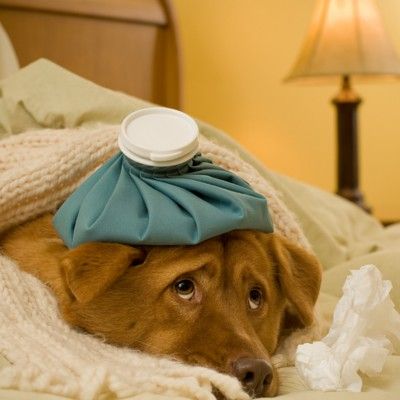 Blue-green algae in stagnant ponds
Blue-green algae in stagnant ponds - Compost piles
- Swimming pool and hot tub chemicals
- Cocoa mulch
- Venomous animals - toads, snakes, scorpions
And here are their cold-weather counterparts.
- Antifreeze (see above)
- Ice melter
- Liquid potpourri
How Do I Prevent Pet Poisoning?
Prevention is key for most of these toxins. Make sure your medications are out of reach and in child-safe containers. Pick up spilled medications quickly. Never give your medications (whether prescription or OTC) to your pet, and never give one pet's medication to another without the OK of a veterinarian.
Make sure all cleaning products and chemicals are in sealed containers and out of reach of pets (and kids, too). I have seen many pets poisoned by being put in the garage for a bit (for example, if company comes over) and lawn chemicals and antifreeze aren't secured. Pets, and dogs in particular, are like eternal toddlers - they never grow up. Their natural curiosity about the world, and tendency to consider all things edible until proven otherwise, means they are always exploring and always at risk. As their guardians and protectors, it is up to us to keep them safe from harm and make sure all chemicals and medications are secure.
Here are a few more tips to create a safer home for your pets:.
-
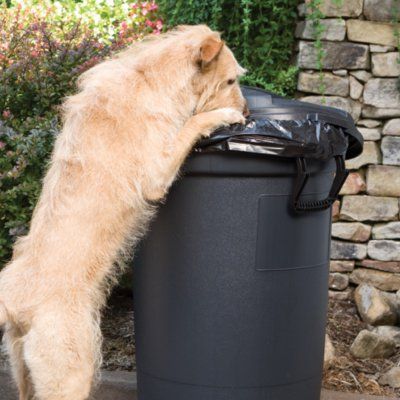 Keep garbage cans covered and latched
Keep garbage cans covered and latched - Check under bathroom cabinets and behind toilets for spilled medications
- Clean any spilled antifreeze immediately - as little as teaspoon can spell death
- Keep medications off easily accessible places, like nightstands
Go through the house, yard and garage today and see it with new eyes - if you had a toddler in the house, what would you secure? Prevent a pet poisoning by keeping it all up, secure and out of reach. You'll rest easier knowing your house is pet-safe and your pet will thank you!
Pet Poison Control Centers:
- ASPCA National Animal Poison Control Center: (888) 426-4435
- Pet Poison Helpline: 800-213-6680


